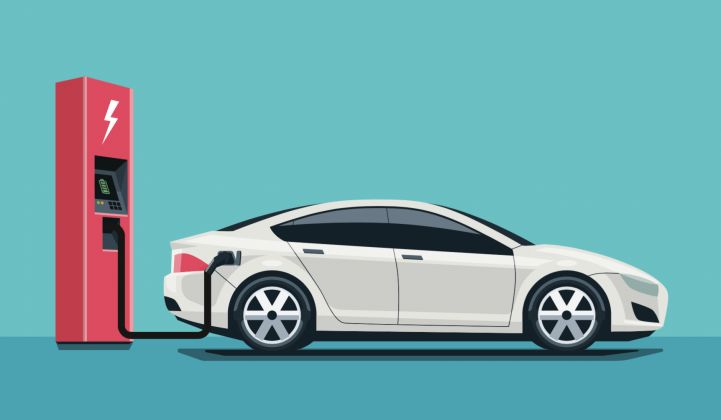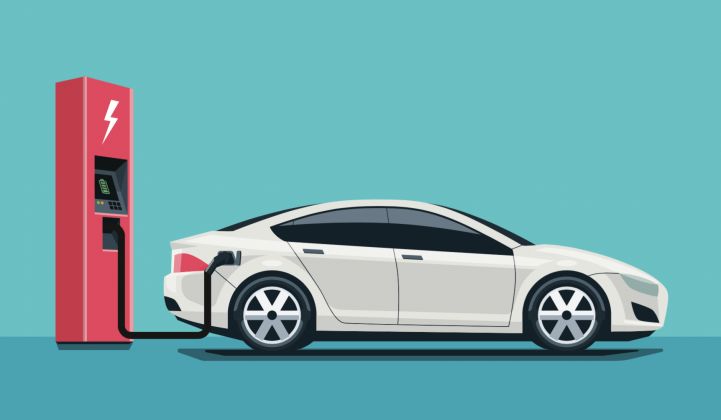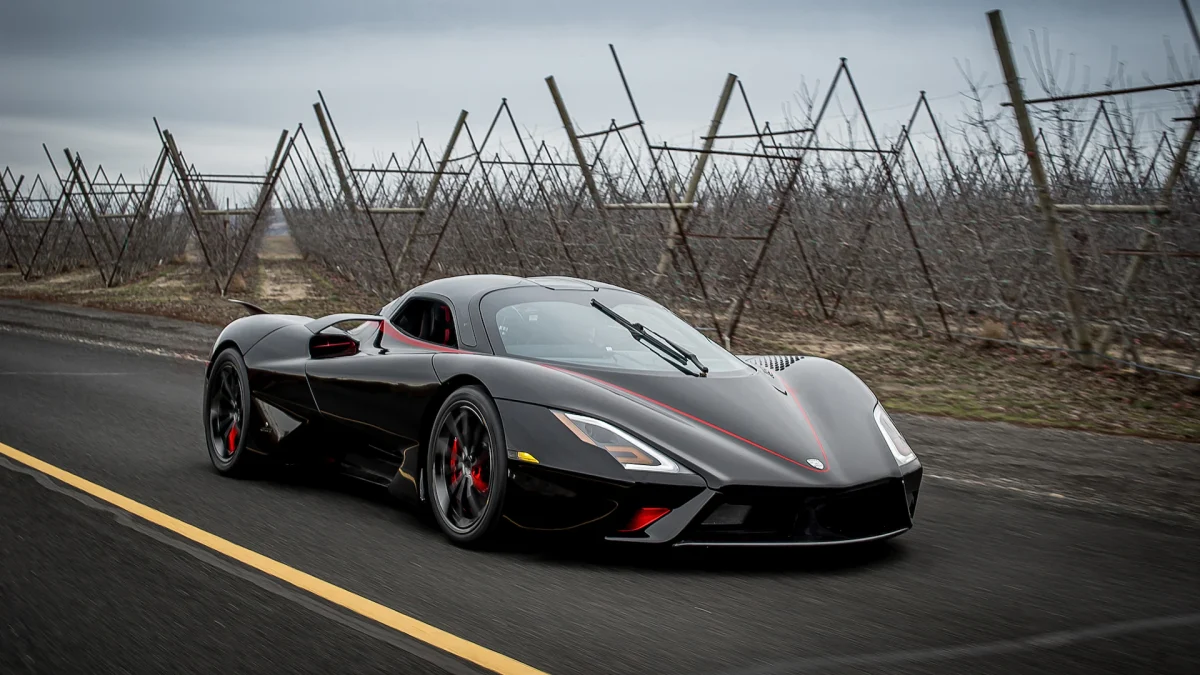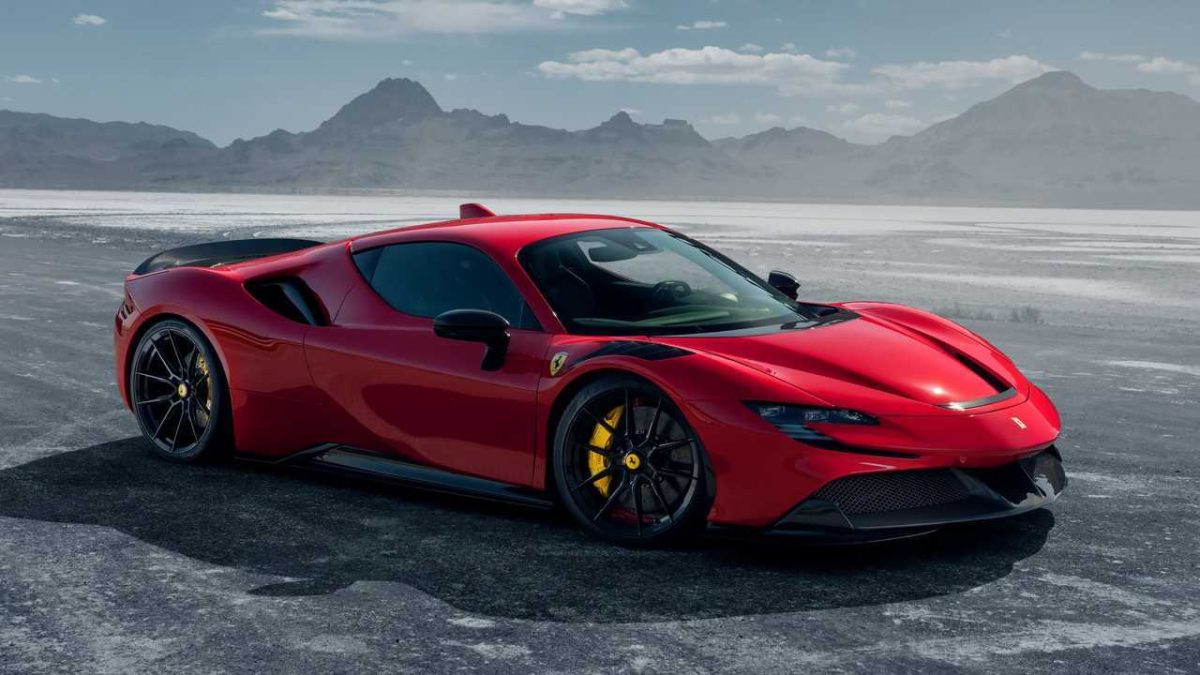Hydrogen cars, or FCEVs, are often in debate about becoming more dominant and sustainable for the future than electric vehicles (EVs). Many people interested in buying electric cars wonder if choosing a hydrogen-powered car would be better for them in the long run. While some people prefer electric vehicles, some experts speculate that hydrogen cars can overtake the popularity of electric cars and become more dominant on the roads. With the help of this article, you can understand the differences between electric cars and hydrogen cars, and which may be more sustainable for the future.
Comparison
Hydrogen and electric cars are both eco-friendly alternatives to gas powered vehicles. Electric cars use batteries charged by electric grids, while hydrogen cars work by using fuel cells that convert hydrogen into an electric current to power the motor. When comparing the two cars for their efficiency, there are many factors to take into account. Hydrogen and electric cars both have their strengths, but each excel in different areas. The main things to consider when buying a car or comparing cars are performance, safety, environmental impact, refueling time, and driving range. Hydrogen cars can refuel in 5-10 minutes, while electric cars take 4-8 hours to get to full charge. Along with this, hydrogen cars also tend to have longer driving ranges, usually being able to drive 400-600 miles depending on the tank size, compared to the range of 150-375 miles for electric vehicles. Hydrogen cars typically have better performance than electric vehicles as well. However, in terms of safety, cost, and sustainability, electric vehicles come out on top over hydrogen cars. Hydrogen cars can be inefficient and are limited in infrastructure, so electric cars are more sustainable and reliable than hydrogen cars. Another problem with hydrogen cars is the lack of hydrogen fueling stations. Because gas and electric powered vehicles are more widely used than hydrogen vehicles, there are less fueling stations for hydrogen cars then gas stations and charging stations.
Conclusion
When the question arises of if hydrogen-powered vehicles will be able to overtake the popularity of electric and gas vehicles, the answer is probably not. While hydrogen cars have a better driving range, faster refueling time, and better performance, they are more expensive and lack the infrastructure and fueling stations needed. Hydrogen cars can be good options when deciding to buy a car, but they are unlikely to become the dominant cars on the roads in the future because they are not as sustainable as electric vehicles.
Related Stories
https://bacancysystems.com/blog/hydrogen-vs-electric-cars#:~:text=There%20is%20a%20possibility%20that,cars%20in%20the%20upcoming%20years.
https://www.caranddriver.com/features/a41103863/hydrogen-cars-fcev
https://www.edmunds.com/electric-car/articles/hydrogen-vs-electric-cars.html
https://www.carwow.co.uk/blog/hydrogen-vs-electric-cars#gref
https://www.cinch.co.uk/guides/electric-cars/hydrogen-vs-electric






